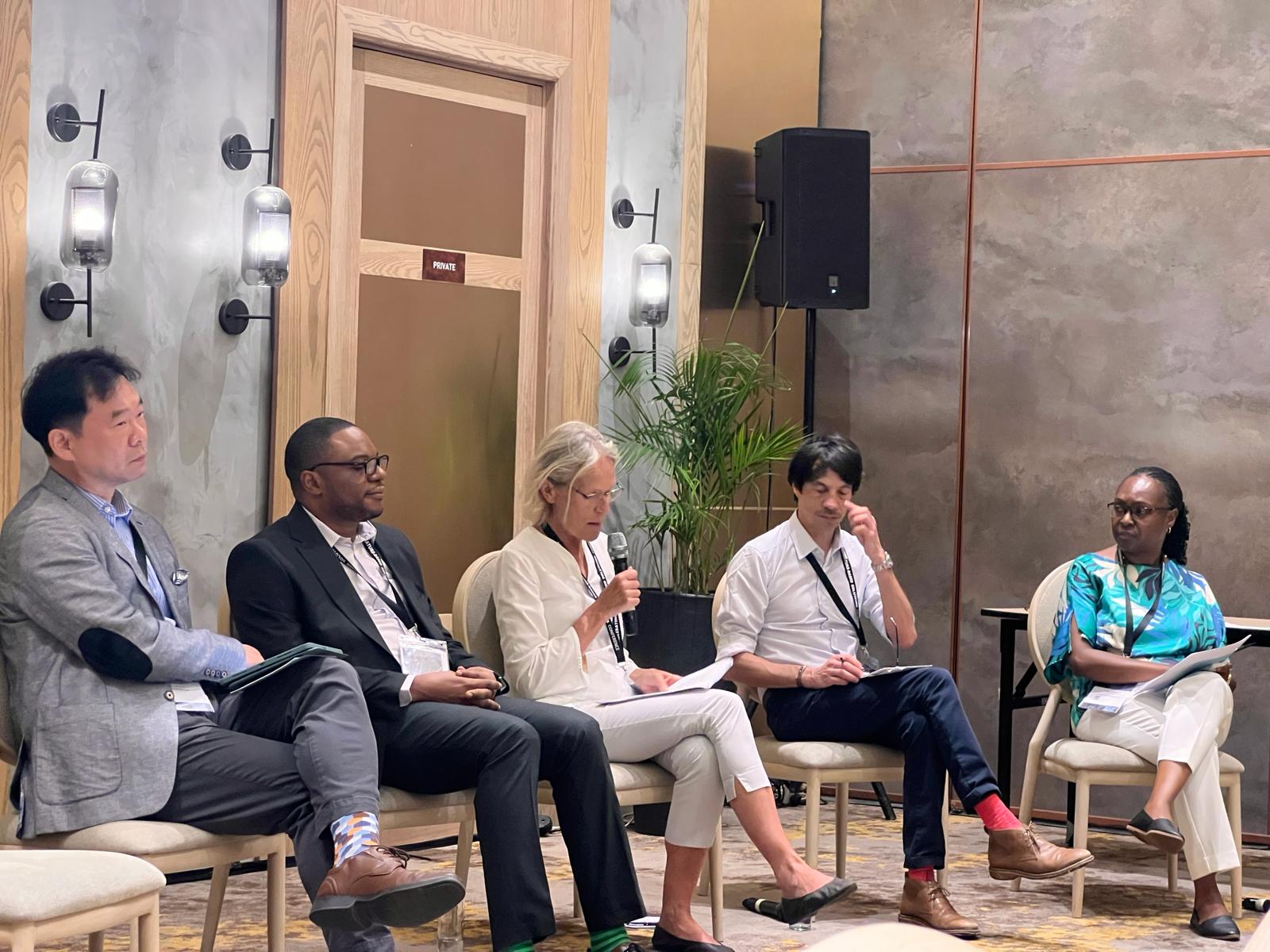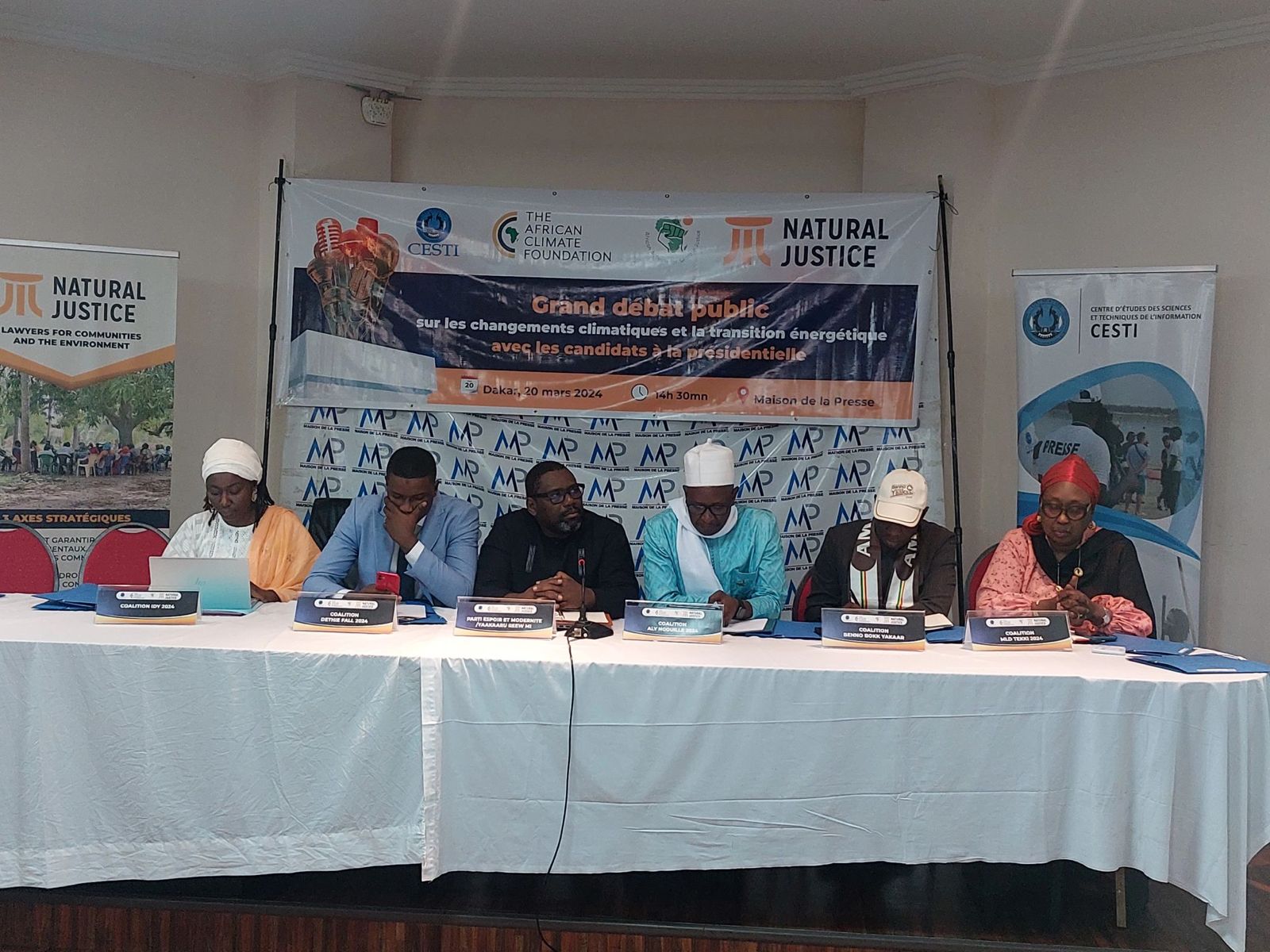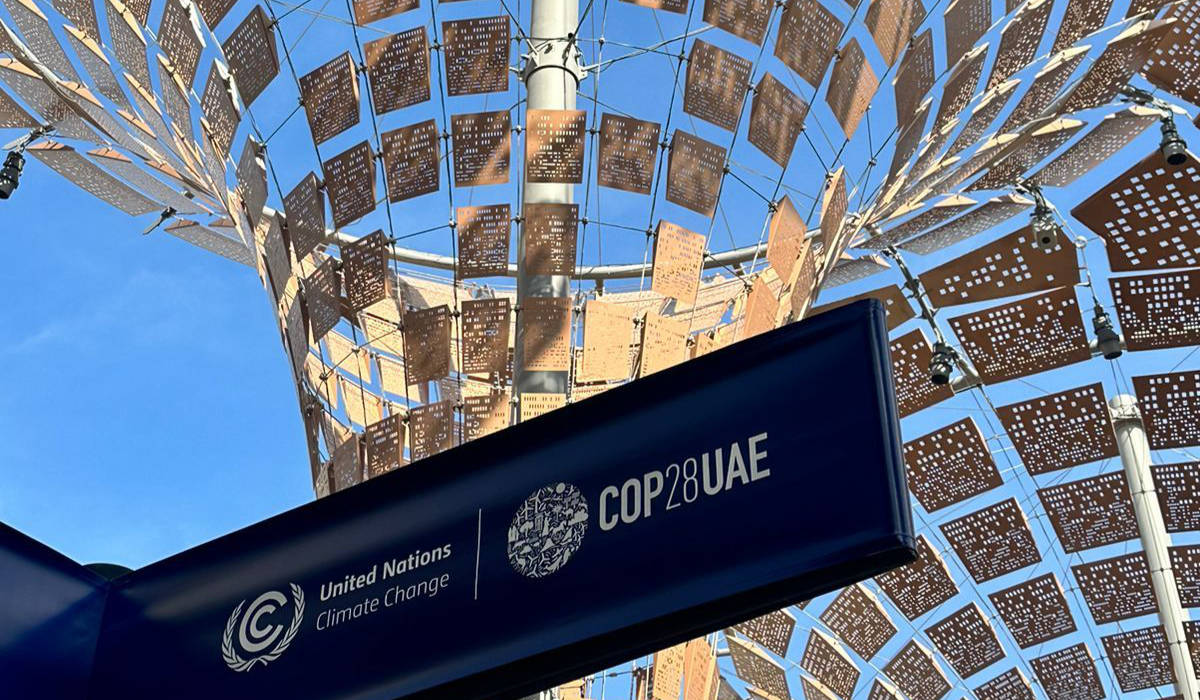Have all countries done their fair share to slow down climate change? A new report, released this week from the COP26 climate summit in Glasgow, found that some countries – especially from the developed world – were not pulling their weight with the commitments they have made.
The report, which scrutinised countries’ pledges made before the climate talks, was written by a global coalition of civil society organisations that includes the World Wildlife Fund. It addressed the notion of what a “fair share” is when it comes to the pledges being made by wealthy countries versus those made by developing countries.
The global coalition’s report, Fair Shares Phase Out: A Civil Society Equity Review of an Equitable Global Phase-Out of Fossil Fuels, does not focus on countries’ “lofty emissions reduction targets decades in the future”, but examines how the expansion of fossil fuel extraction and use can be stopped now, and how this rapid phasing out of existing production can be undertaken in an equitable manner.
South Africa’s “just transition” to move away from coal dependency is featured in the report. The verdict is that the country will need serious funding to achieve this without damaging its economy through job losses.
If the world is to meet its target of keeping global warming under 1.5℃, the most ambitious goal in the 2015 Paris Agreement, it means slashing global emissions by nearly half by 2030 and to “net zero” by 2050.
Wealthy countries must do more
The report found that although the contributions of the wealthiest countries (the United States, United Kingdom, European Union countries and Japan) fall far below what would be considered a fair share of the global effort, some less wealthy countries (including China, India, South Africa and Kenya) have mitigation pledges reaching about – or above – their full fair shares.
”Unless all countries markedly increase their domestic emissions reductions, a future within 1.5°C will remain out of reach,” the report stated.
“For wealthier countries this also means dramatically increasing flows of international financial and technological resources to less wealthy countries.”
South Africa ambitious, but needs more financial flows
South Africa is featured as a country case study in the report. It highlights that in order for the country to successfully complete a just transition it would need funding.
South Africa is the most coal dependent country in the G20, using coal not only for generating electricity but also to produce liquid fuels.
The largest coal users – state-owned power utility Eskom and coal-to-liquids corporation Sasol – account for more than half of South Africa’s emissions. This dependency on coal meant that a just transition for South Africa was critical to avoid damage to its economy, the report found.
South Africa announced a watershed multibillion-dollar climate finance deal on Tuesday. France, Germany, the UK, the US and the European Union pledged R131 billion over the next three to five years in the form of grants, concessional loans and investment and risk-sharing instruments, including mobilising private sector funding.
The “Fair Shares Phase Out” report, submitted before this week’s big announcement, found that the country had received limited funding flows from rich countries.
Job losses are a concern
“Mining and power generation are major engines of the economy, especially in the Mpumalanga province, which produces 80% of South Africa’s coal and could thus face heavy socioeconomic impacts from a coal phase out,” the report stated.
One analysis in the report estimated at least 25,000 forced job losses in a 2040 coal power phase-out. It quotes research that puts the bill at between $56 billion and $61 billion for South Africa’s power sector, which is mainly made up of Eskom, to shift to renewables and grid expansion.
It said that on balance, however, perceptions about the long-term viability of coal mining were shifting in South Africa.
“Major actors are divesting, and investment in production is declining. Eskom has stated they will not build more coal plants, and is pursuing a ‘just energy transition strategy’ that includes repowering plants with renewables.”
But this will require much more funding than the R131 billion announced this week, and the flow of funds for this has not been sufficient, the report found.
Equity analysis: Rich countries have more work to do
The report applies a long-standing “equity analysis” to countries’ climate pledges to assess how each country is delivering on the Paris Agreement’s goal of pursuing best efforts to limit warming to 1.5°C.
“Questions of climate action are not only scientific, they are also moral questions,” said Lidy Nacpil, coordinator of the Asian Peoples Movement on Debt and Development. She explained that, since the Paris Agreement, civil society movements had also applied an ethical lens when examining countries’ pledges.
“The results show that the actions proposed by countries … especially from wealthy countries like the UK and the US, are far from what’s required.”
Sara Shaw of Friends of the Earth International said the report also identified a key gap in international climate action – fossil fuels.
“It is the elephant in the room: international goals do not currently address the production of fossil fuels,” she said.
The 2021 report conducted an equity assessment of countries’ pledges to cut their emissions – officially known as national determined contributions – that showed that their commitments for climate action remain deeply inadequate and unjust.
Harjeet Singh, of Climate Action Network International and the Fossil Fuels Non-Proliferation Treaty Initiative, expressed discontent over the lack of coordinated international action based on principles of equity and justice among the nations of the world
“This remains a huge barrier to addressing the climate crisis. This report outlines how governments, if they listened to their people, could begin this historic and necessary shift,” he said.
Mohamed Adow, founder and director of Power Shift Africa, said the world had spent too long talking about emissions reductions without highlighting clear steps to end fossil fuel supply.
“Fossil fuel phasing out and energy transition are clear necessities to avoid the worst of climate change, especially for African countries who bear the least responsibility and worst effects. This report lays out clear imperatives to ensure that phase-out and energy transition can happen in a just and equitable manner.”



